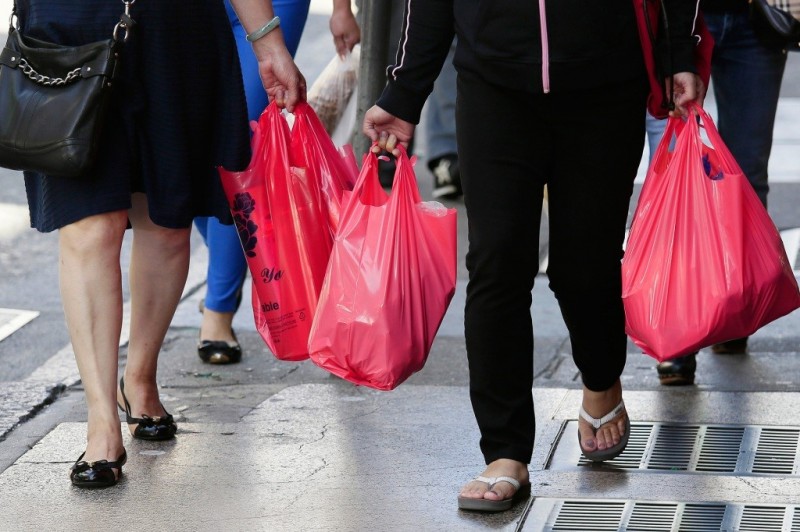
Image credit: TIME for kids
Plastics, widely used in products and packaging of industries and brands, comes in different shapes, colours, properties and functions.
The statistics are alarming, with mass production and consumption of plastic on the rise since 1950.
A World Wide Fund for Nature-Malaysia report said 1,070,064 tonnes of post-consumer plastic waste is generated.
In the 12th Malaysia Plan, one of the key focuses is advancing sustainability by embracing the adoption of a circular economy.
In line with this, there are policies to address the reduction of waste generation and pollution: mandate the use of recycled materials in products and packaging, and recycled waste and post-consumer packaging; and extending the responsibility of producers to managing their end-of-life products.
But how are we going to get there? How many companies have a plan to be part of the change?
Individual actions, too, have largely failed to match the scale of the problem, as we continue to consume and discard single-use plastics everyday.
However, change is on the way. As Malaysia envisions a revision to the system, policymakers are enacting stringent regulations and policies to address plastic waste generation.
This includes demanding greater responsibility from producers, especially consumer brands, through an extended producer responsibility (EPR) system that holds companies accountable for their products and packaging.
Under EPR, the responsibility of producers goes beyond waste collection and recycling.
Products and packaging are designed so that they can be reused, remanufactured or recycled and therefore maintained in the economy for as long as possible along with the resources they are made of.
The generation of waste is avoided or minimised as companies take financial responsibility by paying EPR fees to a producer responsibility organisation (PRO) according to the amount of waste they produce.
This system is fair, as large companies pay more than small ones, and foreign and domestic producers operating in Malaysia are charged the same.
PRO is an independent and non-profit entity operating the EPR system. It sets and collects EPR fees from all obliged companies.
The fees are used to contract and pay waste management service providers for the collection, sorting and recycling of packaging waste; to cover its administrative and business costs; and other duties assigned by the legal framework.
Belgium, Germany, South Korea and Taiwan have introduced it, and Vietnam and Singapore recently adopted it.
Commitments to a circular economy are gaining traction and there is a growing appetite for change by industry players.
The Malaysia Recycling Alliance was incorporated in January last year to drive change by taking a lead in the EPR development in Malaysia.
Is it too late, though, for us to fix the problem? Almost, but we cannot just do the bare minimum and hope for the best.
More companies need to shape the direction of a mandatory EPR implementation in Malaysia, because brands should last forever but their packaging shouldn't.
Source: https://www.nst.com.my/opinion/letters/2022/03/781671/getting-companies-be-responsible-their-plastic-packaging

